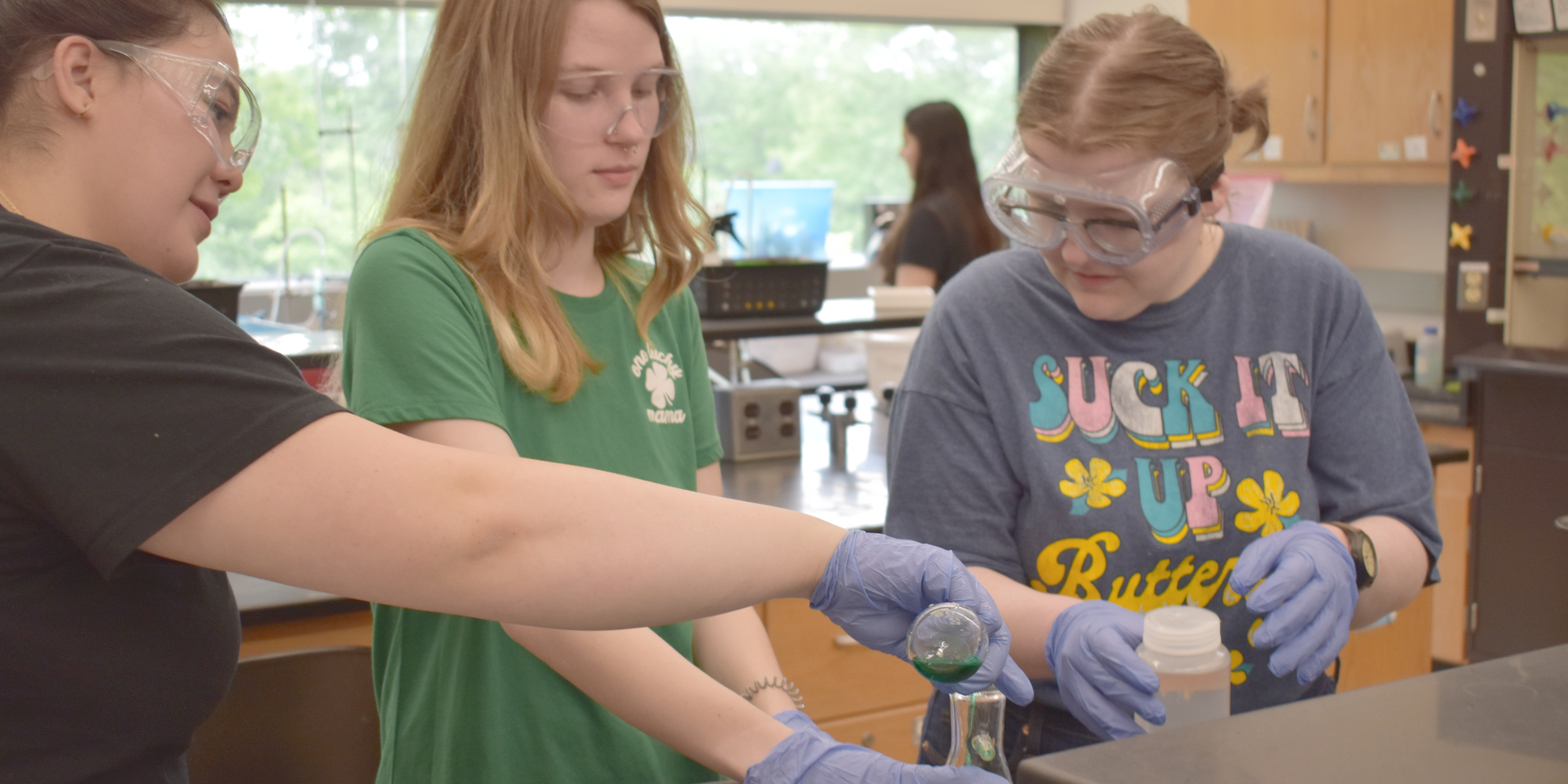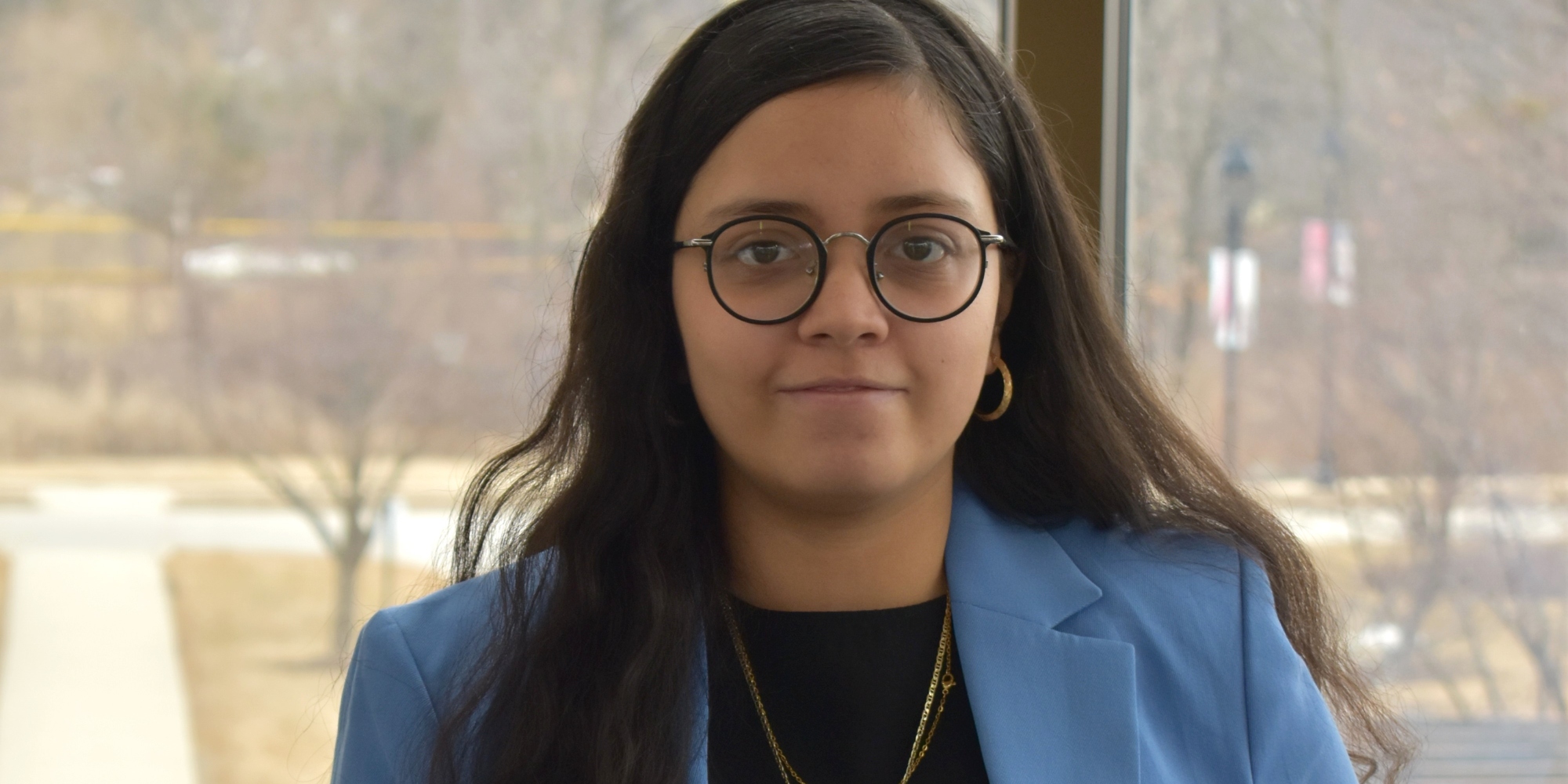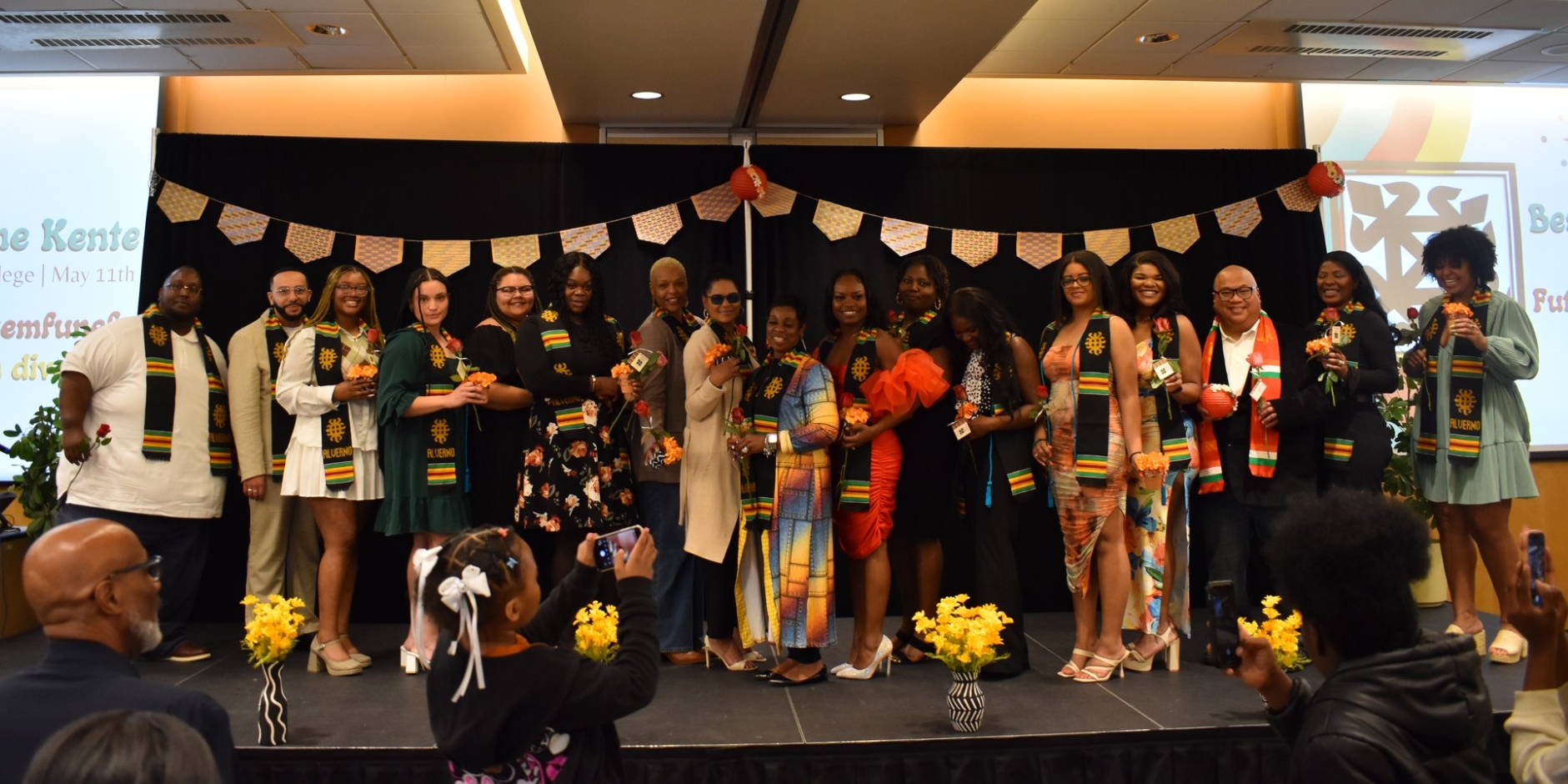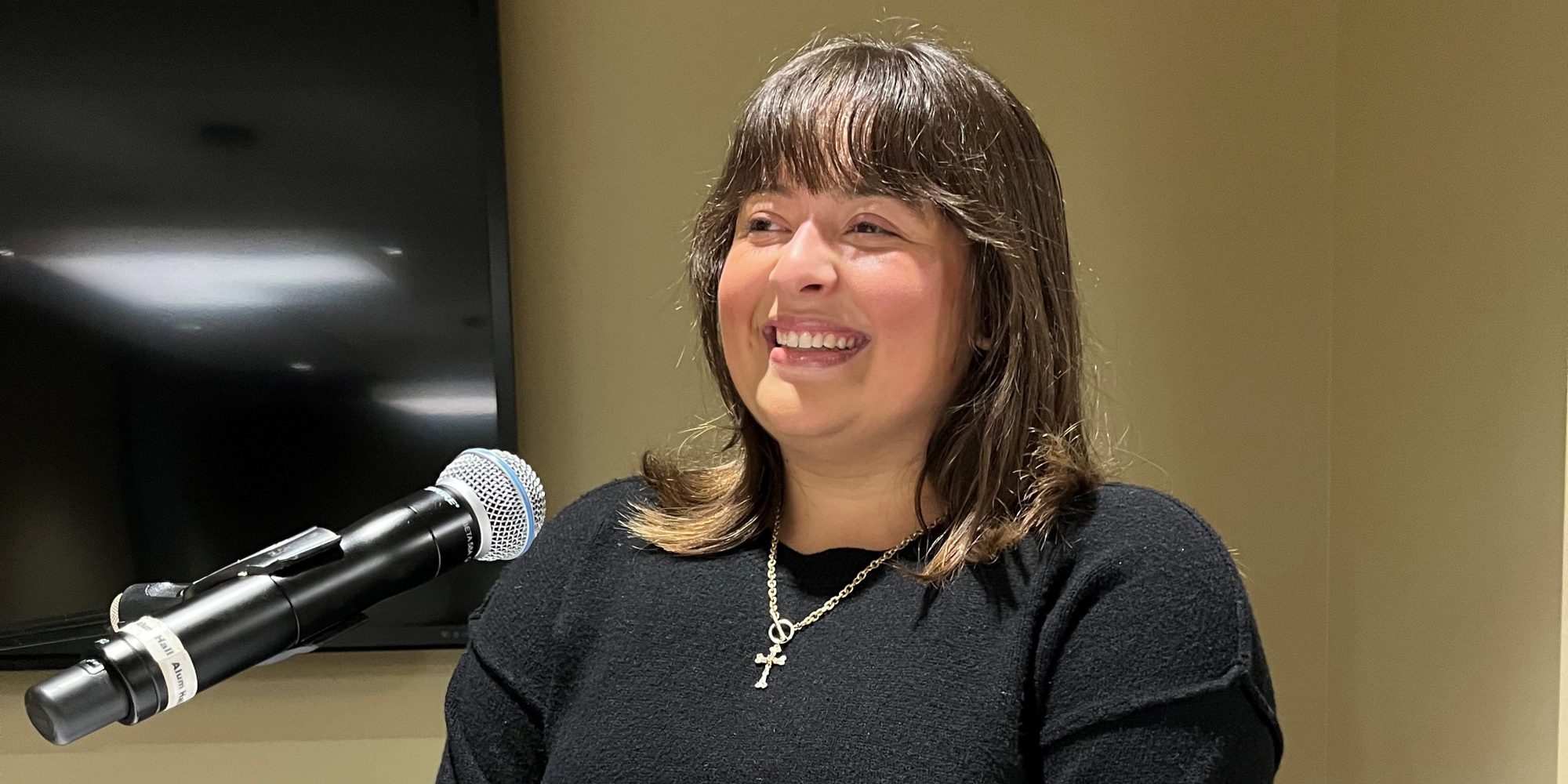Most high school juniors and seniors don’t opt to spend a week of their summer vacation at a science camp, but for five local teenagers, it was an opportunity they couldn’t pass up.
The science camp, held on the Alverno College campus, introduced them to techniques used in biology, chemistry and urban agriculture while also exploring science-related careers. The camp utilized science labs and the greenhouse to give the students an immersive college experience. The best part – the camp was completely free thanks to a grant from the United States Department of Agriculture (USDA). The goal of the grant is to increase the numbers of undergraduate women and underrepresented students pursuing science degrees, and to encourage them to pursue careers in food, agriculture, natural resources and human sciences.
“This campus is designed to expose high school girls to science activities,” says Rebekah Klingler, PhD, associate professor of biology and program lead for the science camp. “They tend to be more timid and reserved about science activities, so getting some hands-on experience, getting them on a college campus and exposing them to current students and faculty is really beneficial in terms of helping them decide what to do next and building that confidence.”
The students, from various local high schools, are all considering careers in science, technology, engineering or mathematics (STEM). For them, the camp offered the chance to experience working in a lab, conducting experiments, and presenting their findings to the group.
Anastasia, a junior at Kettle Moraine High School of Health Sciences, came to the camp because she wanted to try something new. “I think being able to be in the lab and do a couple of experiments was pretty cool. I’m gaining more confidence with that.”
One of the things the students learned was how to properly set up a lab bench. Things like organizing supplies based on how often they’re used, labeling items accurately, placing micropipettes — used to transfer liquids — and their tips on the side of their dominant hand, and keeping notebooks away from the workspace seem simple, but all have a strategic purpose. “Setting up your lab bench correctly drastically reduces contamination and improves the accuracy of molecular biology experiments,” explains Klingler.
Hannah, a junior at Pius XI High School, is considering going into pediatrics. “I feel like the learning experiences (at the camp), and some of the conversations we had about careers and college, I think it’s important.”
For Klingler, the week with the high school students was fun and exciting. “I hope they will be more ready to explore colleges and a variety of job fields. I hope that they will speak up and not be timid. I hope they have some fun and do some new things that make them think about their options.”
This science camp was supported by the Alverno College: Establishing a Pipeline of Student Experience and Leadership Development in Sustainable Agriculture grant [project award no. 2020-38422-32238], from the U.S. Department of Agriculture’s National Institute of Food and Agriculture.





